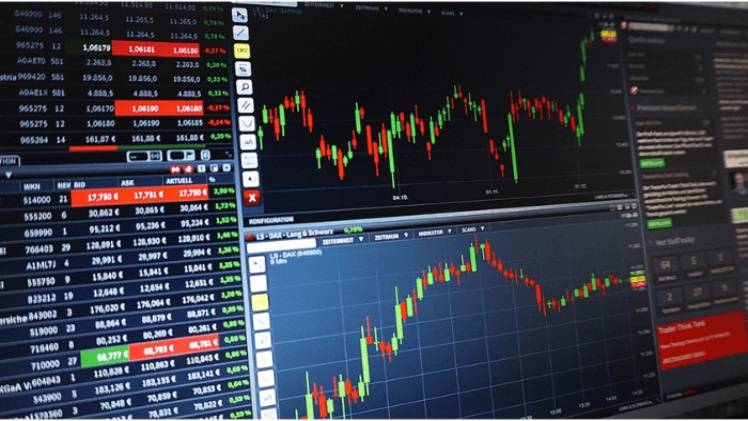
Online trading has revolutionised the world of finance, providing individual investors with the opportunity to trade various financial instruments, including indices. Index trading allows you to gain exposure to a broad range of stocks within a specific market or sector, offering a convenient way to diversify your investment portfolio.
However, with numerous trading indices, it can take time to decide which is right for you. In this blog, you will explore the factors to consider when selecting the correct index for your online trading journey and empower yourself to make informed decisions and enhance your trading experience.
Understand Your Investment Goals
Before diving into the world of index trading, it’s essential to understand your investment goals and risk tolerance. Are you seeking long-term capital appreciation or prefer short-term gains through day trading? Are you comfortable with high-risk, high-reward investments, or do you prefer a more conservative approach?
The answers to these questions will help you select the right index to trade. For example, if you are a conservative, long-term investor, you might consider trading a well-established, broad-market index. Conversely, if you are a risk-tolerant, short-term trader, you might be more interested in trading volatile, sector-specific indices like technology or biotechnology.
Research the Components of Different Indices
Once you’ve established your investment goals, it’s time to research the components of various indices. An index is a basket of stocks representing a specific market or sector, so knowing which stocks are included in the index you’re considering is crucial.
Look for indices with diverse stocks, as this can help spread risk and enhance potential returns. Additionally, consider the weightings of individual stocks within the index, as this can impact the index’s overall performance.
Examine Historical Performance and Volatility
Analysing different indices’ historical performance and volatility can provide valuable insights into their potential future performance. While past performance does not necessarily indicate future results, it can help you gauge the overall risk-reward profile of a particular index.
Review the long-term and short-term performance of the indices you’re considering and compare them to your investment goals and risk tolerance. If you’re a risk-averse investor, you may prefer indices with lower volatility and more stable returns, whereas risk-tolerant investors might opt for indices with higher volatility and the potential for more significant gains.
Assess Liquidity and Trading Volume
Liquidity and trading volume are essential factors to consider when trading indices. To assess an index’s liquidity and trading volume, look at the average daily trading volume and the bid-ask spread of the index’s underlying stocks or related exchange-traded funds (ETFs). Indices with higher trading volume and tighter spaces are generally more suitable for online trading.
Consider Costs and Fees Associated with Trading
Finally, consider the costs and fees associated with trading indices, as these can impact your overall investment return. Different online trading platforms may charge varying fees, including commissions, spreads, and overnight financing costs.
Additionally, if you gain exposure to an index through ETFs or other financial products, be aware of management fees and expense ratios. Carefully compare the costs and fees associated with various trading platforms and financial products to ensure you get the best value for your investment.
Wrapping up
Choosing the right index for online trading is crucial in your journey as an investor or trader. By understanding your investment goals, researching the components of different indices, examining historical performance and volatility, assessing liquidity and trading volume, and considering costs and fees, you can make informed decisions about which indices best align with your unique needs and objectives.




